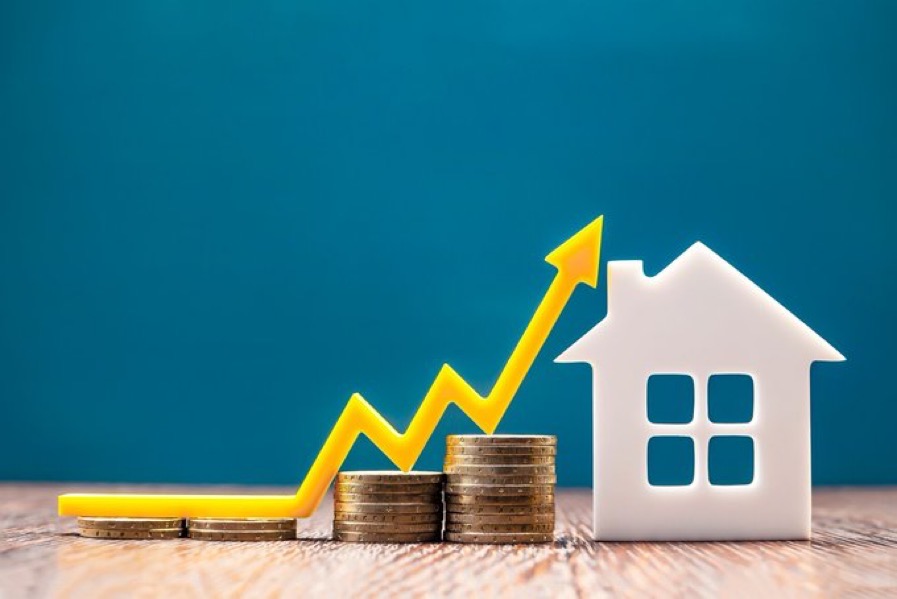Monthly mortgage repayment up 39% in the last decade

Monthly mortgage repayment up 39% in the last decade
The latest research by specialist property lending experts, Octane Capital, has shown that while the average monthly cost of repaying a mortgage has increased by £314 per month (39%) in the last 10 years, the majority of this increase (80%) has come in the last five years alone.
Octane Capital analysed the average cost of a mortgage in the current market based on a buyer opting for a 25 year term at a 75% loan to value and how the cost of this mortgage has changed over the last decade.
The research shows that, based on the current average house price of £285,009, an average mortgage rate of 3.85%, and after placing a 25% deposit, the average monthly mortgage repayment sits at £1,111 today.
Octane Capital then looked at what the same mortgage would have cost per month back in 2013. After adjusting for inflation, the research shows that the average house price a decade ago was equivalent to £223,983.
With the average mortgage rate sitting at 3%, this meant the average buyer was paying the equivalent of £797 per month after adjusting for inflation.
Compared to today, that’s an increase of £314 per month in the monthly cost of a mortgage.
However, the research by Octane shows that much of this increase has come over the last five years alone. In 2018, the average monthly cost of a mortgage was equivalent to £860 per month after adjusting for inflation, based on the average mortgage rate of 1.83% at the time.
This means that between 2013 and 2018, the average monthly mortgage repayment increased by £64 – just 20% of the total £314 increase seen over the last decade.
The remaining £250 monthly increase (80%) has come within the last five years alone.
CEO of Octane Capital, Jonathan Samuels, commented:
“The average cost of a mortgage has climbed quite considerably over the last decade and while this is largely due to the increasing cost of a home, much of this growth has come over the last five years and, more specifically, since December 2021, as interest rates have increased 12 consecutive times in a row.
Following a fairly notable reduction to the rate of inflation, many homebuyers will be waiting in anticipation for next month’s Bank of England decision in the hope that they may reduce rates. The likelihood is that this won’t be the case and we could see the base rate climb to five per cent which could drive the cost of borrowing up even further.’




